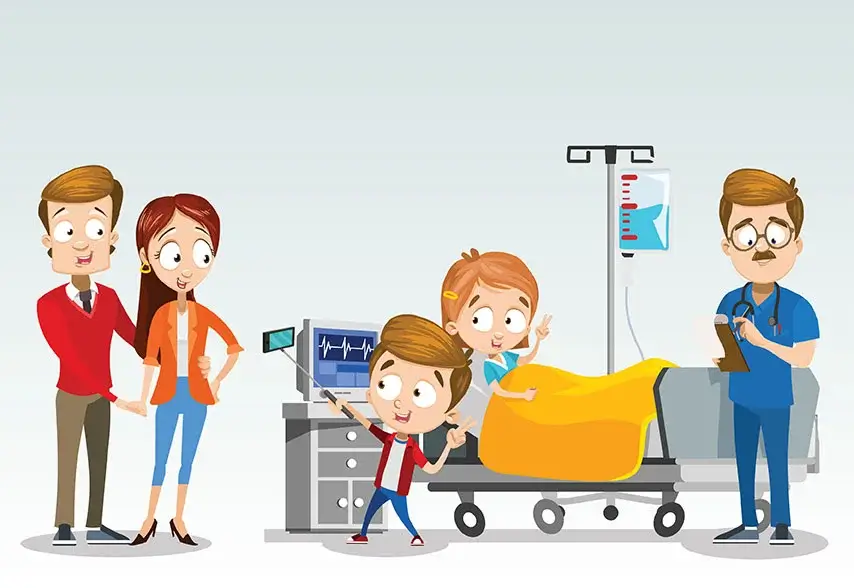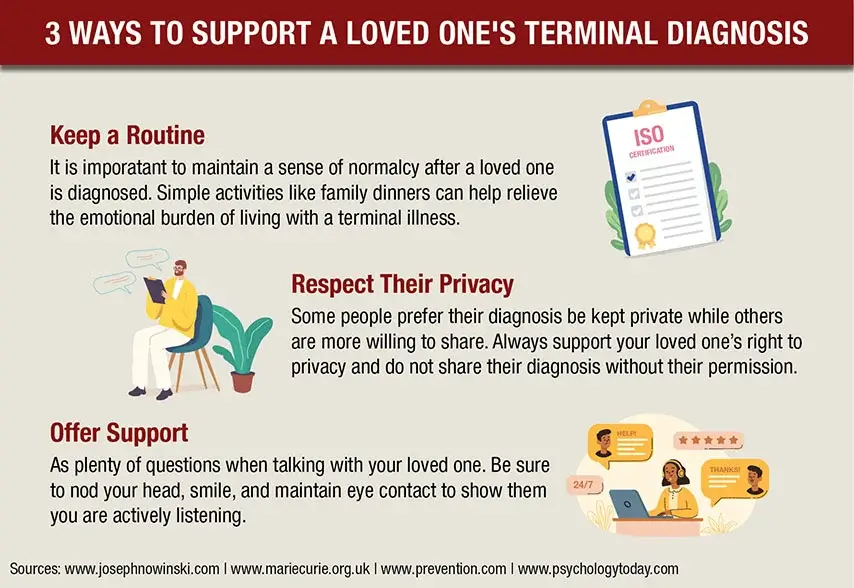
It goes without saying that it is absolutely heartbreaking when a family member receives a diagnosis of a critical illness. We are all constantly living on the edge, but when there is a name and label to the threat, it makes it all the more disheartening. As with any grief, there is the initial phase of denial and eventually, we accept it. At the same time, a critical illness diagnosis implies that as the caregiver of the patient, you need to be proactive in doing everything possible to ease the pain, to get them all possible modes and levels of treatment as well as being there for them as an emotional anchor.
A study[1] published in The Lancet sheds light on the nationally representative estimates of cardiovascular mortality in India. The numbers? Absolutely terrifying at more than 2.1 million deaths caused by heart ailments in India in 2015 at all ages. These account for roughly more than a quarter of all deaths. Then there is cancer. India had 14 lakh cancer patients in 2016 according to data from the Indian Council of Medical Research (ICMR), a number that is expected to increase in the future. More than 4 million[2] people in India are also estimated to be suffering from Alzheimer’s and other forms of dementia, and this statistic of the caseload is next only to China and the US. The point is simple: no one is immune. We are battling lifestyle problems and we cannot entirely escape a diagnosis. What we can do, however, is to prepare for it.
Look for Advancements in Medical Treatment
At the same time, we may look for options in medical/scientific advancements to be able to treat our loved ones back to health, but these come at a cost too. Advances in medical science may help detect cancer and other critical illnesses early and defeat them- but even this comes at a cost. Better diagnostic tools? Expensive. Better treatment resources? Scarce and expensive. Well-trained doctors and nursing staff? High in demand, impossible to afford. Besides, most of the critical illnesses such as cancer, heart ailments and kidney transplant require long-term, and at times life-long, medication and intervention. This means that even a stable financial position is no guarantee for being able to afford the healthcare costs. So if you want your loved ones to have access to the best health care the cover of critical illness plan is indispensable. A simple savings plan or generic insurance may not suffice.
Lend an Attentive Ear

Source: health360
The one thing you can do most effectively is to listen attentively. Emotional support is as crucial to the healing process as medical treatment. Empathise with them and share in their pain. Make sure you educate yourself on the disease they’re suffering from, so as to be careful about what is acceptable to bring up and what is not. Refrain from giving advice, unless they specifically seek it. And remember: they may not always be ready to express how they feel or even know how to. In such cases, give them the space to heal. Forcing someone to open up when the time isn’t right is never the answer. Let them know you’re there for them whenever they’re ready to share.
Lend a Helping Hand
Caregiving can include everything from driving your loved one to the doctor to ensuring they take their medication on time. Even assisting with something as simple as household chores can go a long way in taking the burden off their shoulders. You can also do your bit by fostering a motivational environment for them by helping them participate in support groups and interact with people in similar situations.
Financial Support is the Key
If you have planned ahead and covered you and your family’s bases with a critical illness policy, that’s one less burden your ailing loved one will have to shoulder. Apart from emotional security, financial security can also go a long way in speeding up the healing process. Consider this: the rate of medical inflation in India is double the overall retail inflation[3]. In order to effectively provide for hospitalisation and treatment, you need to fortify your health insurance with a critical illness plan. Medical expenses, especially for critical illnesses are sky-high, and you will not be able to afford them with just out-of-pocket expenses.
Here’s how a critical illness plan can salvage the situation. The critical illness plan can cover for the diagnosis of cancer, kidney failure requiring regular dialysis. primary pulmonary arterial hypertension, liver failure, multiple sclerosis with persisting symptoms, or surgical procedures including major organ/bone marrow transplant, open chest CABG (coronary artery bypass graft), an aorta graft surgery and for the first-time occurrences of stroke leading in permanent symptoms, first heart attack (myocardial infarction), total blindness etc. In the event of such a diagnosis or such procedures being recommended, the critical illness pays a lump sum benefit according to cover chosen by you.
These are usually floater plans such that you can cover yourself and your entire family under a single plan. Critical Illness plans act as a benefit policy which pays a lump sum amount on the occurrence of the event, which in this case is the diagnosis of a critical illness. It is understandable that a simple health insurance policy, which is an indemnity product, may not serve the same purpose well. If there is a major financial crisis, both the covers together can help diffuse the financial impact of the situation. Here’s a situation to consider: considering that an elderly family member was hospitalized due to cardiac problems - the expenses till now could be covered under a health insurance plan. Now, what if the diagnosis and reports show that he or she needs an artery bypass graft? A major procedure with major financial implications such as this can be covered under the critical illness plan.
Having provided for your family financially, remember to stick by them as their emotional support system as they battle through a critical illness- it can be a trying time for them, both physically and mentally.
References
[1] Source: https://www.livemint.com/Politics/fKmvnJ320JOkR7hX0lbdKN/Rural-India-surpasses-urban-in-heart-diseaserelated-deaths.html
[2] Source: https://www.news18.com/news/india/memorys-last-breath-living-with-alzheimers-in-india-1827271.html
[3] Source: https://www.thehindubusinessline.com/economy/high-retail-inflation-in-healthcare-pinching-pockets/article27957112.ece.


Comments